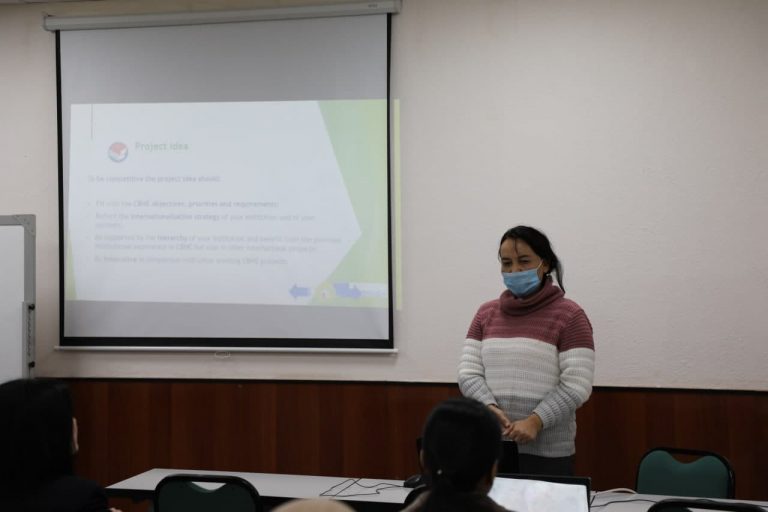
One of the current conditions for developing higher education institutions is the internationalization of their activities. This process has the advantages of expanding higher education opportunities, introducing international quality standards, strengthening the innovative nature of higher education, developing international cooperation, and increasing the academic mobility of teachers and students.
The implementation of international research and education projects can significantly contribute to the internationalization process of higher education.
Because of other forms of international cooperation – the development of academic mobility, the development and implementation of joint educational programs, holding international scientific conferences and congresses, the preparation of joint publications – all of these international projects have an integrative nature.
The following features of the international project can be highlighted:
integrity (operation of the project as a system);
originality;
innovation;
dynamism (change of conditions within the project);
prospects (sustainability of the project or the importance of project results for the development of the institution);
integration character;
practical direction;
sustainable development of the project (its viability after the end of external funding by the grantor organization);
co-financing (this condition is determined by the requirements of the grant organization or grant program);
creating a network of partners.
Today, the sea of conditions are created for Uzbekistan’s higher education institutions to participate in various international grants.
The National Institute of Fine Arts and Design named after Kamoliddin Bekhzod is implementing projects within the framework of Erasmus +, the British Council, UNESCO.
The bunch of opportunities have been created for professors to participate in international projects. In particular, the Erasmus + project includes ICM (mobility), Capacity building in Higher education and Jean Mone programs. The first requirement for participation in international projects is, of course, knowledge of a foreign language and the ability to use digital technologies.
This is, of course, a small requirement for the results of an international project.
However, the university can achieve the following:
– the possibility of attracting additional resources in the context of reducing public funding and the transition to self-financing;
– Introduction of innovative educational technologies in the development and implementation of international projects, as well as improving the quality of education;
– to get acquainted with the best practices of the project, to cooperate with colleagues from foreign universities, to create conditions for the maximum realization of the scientific potential of teachers as a result of establishing new professional contacts;
– Opportunity to increase intercultural awareness of participants of international projects due to constant contact with speakers of other languages and cultures.
Thus, the implementation of international projects can serve as an effective tool for improving the efficiency of the university, the development of specific areas and forms of its international activities, as well as the internationalization of the entire university.
Umida Zunnunova,
Associate professor of the department
Informatics and management
Note: The author has presented this information at a regular seminar for professors and teachers of the institute.
